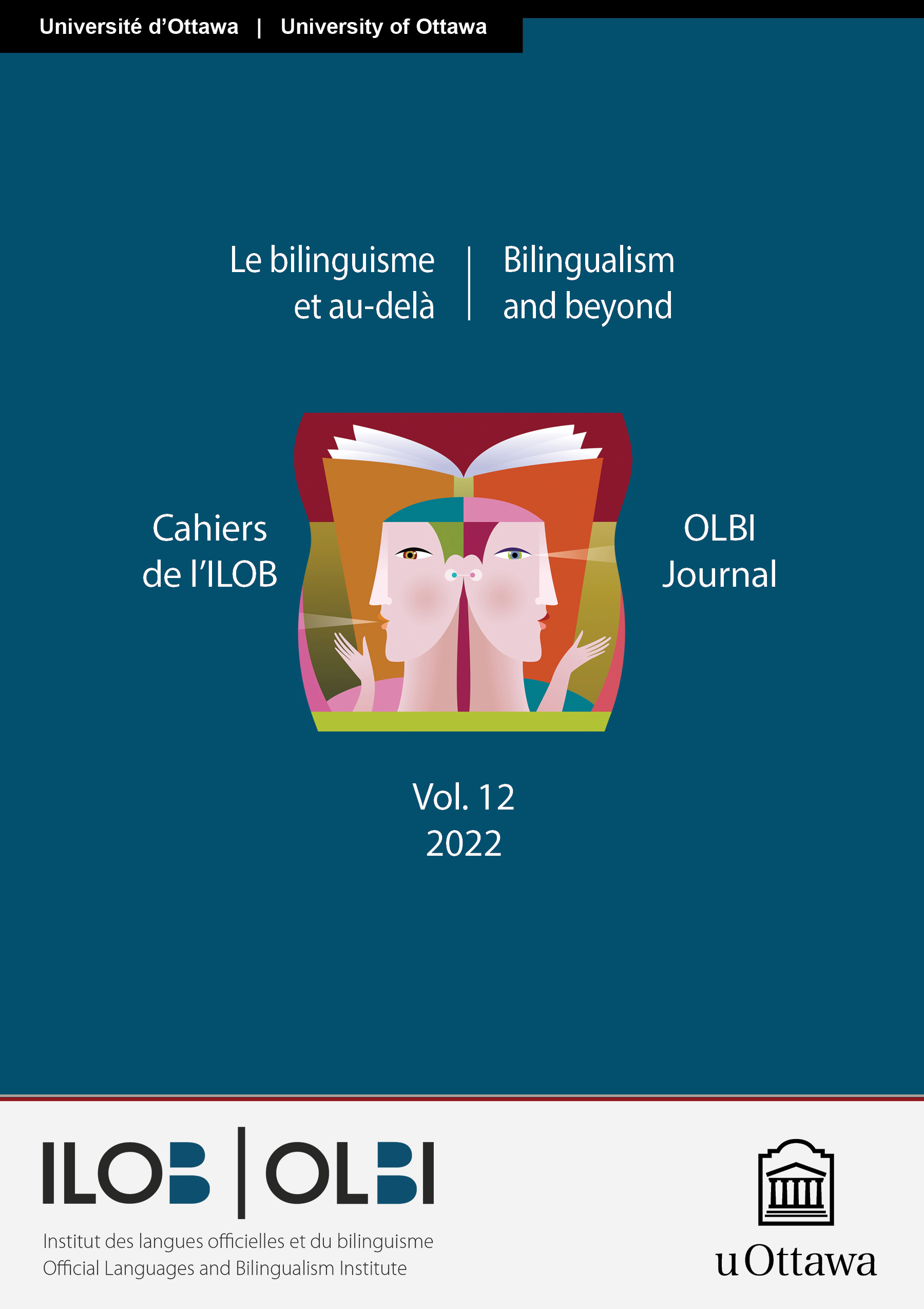Pedagogical translanguaging: Examining the credibility of unitary versus crosslinguistic translanguaging theory
DOI:
https://doi.org/10.18192/olbij.v12i1.6073Keywords:
additive bilingualism, academic language, common underlying proficiency, crosslinguistic translanguaging theory, unitary translanguaging theory, teaching for crosslinguistic transferAbstract
This article analyzes the credibility of two conceptions of pedagogical translanguaging theory, namely, unitary translanguaging theory (UTT) and crosslinguistic translanguaging theory (CTT). I argue that there is no difference in pedagogical implications between UTT and CTT, but there are significant differences in the way UTT and CTT pedagogies are framed theoretically. UTT claims that the bilingual’s linguistic system is unitary and undifferentiated and that languages have no cognitive or linguistic reality. Based on this claim, UTT rejects several theoretical concepts including the notion of academic language, additive (approaches to) bilingualism, the common underlying proficiency (CUP) and the pedagogical importance of teaching for transfer across languages. CTT, by contrast, affirms the legitimacy of these theoretical concepts, which are fully consistent with dynamic or heteroglossic orientations to bilingual cognitive processing. Within CTT, bilinguals actually do speak languages, involving multiple registers and fluid boundaries, and teaching for transfer across these boundaries is a prime function of pedagogical translanguaging.
Downloads
Published
Issue
Section
License
Copyright (c) 2022 Jim Cummins

This work is licensed under a Creative Commons Attribution 4.0 International License.
Authors who publish with OLBI Journal agree to the following terms:
- Authors retain copyright and grant the OLBI Journal (OLBIJ) right of first publication with the work simultaneously licensed under a Creative Commons Attribution License that allows others to share the work with an acknowledgement of the work's authorship and initial publication in the OLBIJ.
- Authors are able to enter into separate, additional contractual arrangements for the non-exclusive distribution of the OLBIJ's published version of the work (e.g., post it to an institutional repository or publish it in a book), with an acknowledgement of its initial publication in the OLBIJ.
- Authors will not simultaneously submit the same piece of work for possible publication to more than one academic journal at a time.


